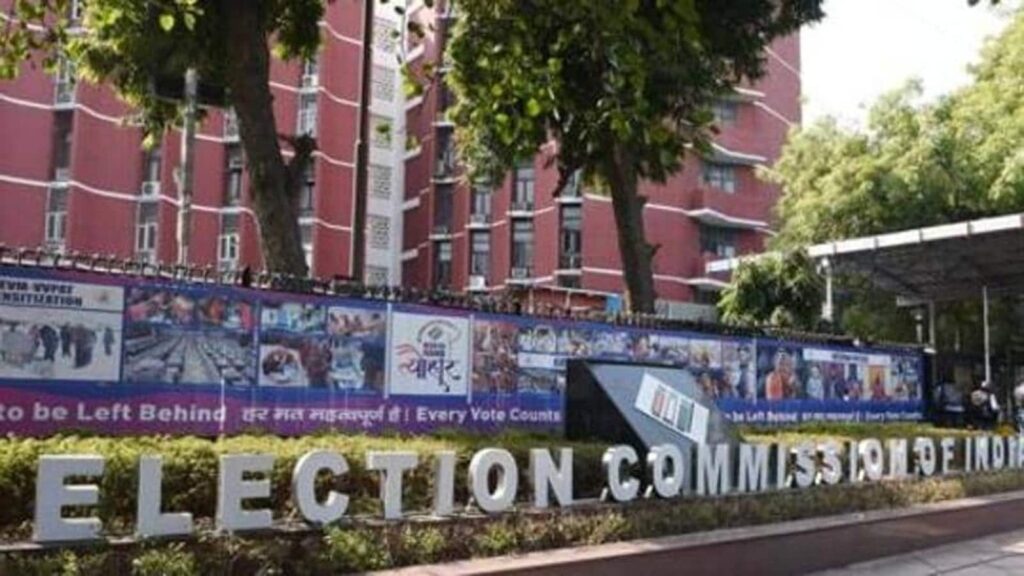The Union government’s decision to table in the Rajya Sabha a bill that gives the executive the upper hand in the selection of the chief election commissioner (CEC) and election commissioners (ECs) is both significant and controversial, not only because it goes against the spirit of the Supreme Court’s verdict earlier this year but also because it will have a decisive impact on the contours of the body that will oversee the world’s largest democratic exercise next year. The Chief Election Commissioner and Other Election Commissioners Bill – introduced a day before the monsoon session is due to end, in the middle of a debate on the no-confidence motion in the Lok Sabha — fills a gap created by the silence of the Constitution on the mechanism to pick ECs and the CEC, and an absence of rules and framework to govern the process.
Under Article 342 (2) of the Constitution, the President is empowered to appoint the CEC and ECs on the aid and advice of the Prime Minister and the council of ministers “subject to the provisions of any law made on that behalf by Parliament”. However, with no such law in force, they were appointed by the PM and the council of ministers under the seal of the President. The apex court attempted to fill this gap in March, saying a panel comprising the PM, leader of Opposition and Chief Justice of India (CJI) will appoint the ECs and CEC, till Parliament enacts a law. The bill seeks to supersede this mechanism, replacing the CJI with a cabinet minister — effectively giving the government control of the panel.
Though suggestive of judicial overreach, the apex court verdict made key observations about the need for ECs and the CEC to remain impartial, and stressed on why the selection process needed to be transparent and neutral. At a time the EC has come under criticism over the perception of bias, a battle over the new bill will stoke further controversy. The poll process should be safeguarded from politics, because a fractious election will benefit no one, especially not democracy.
Experience unrestricted digital access with HT Premium
Explore amazing offers on HT + Economist


